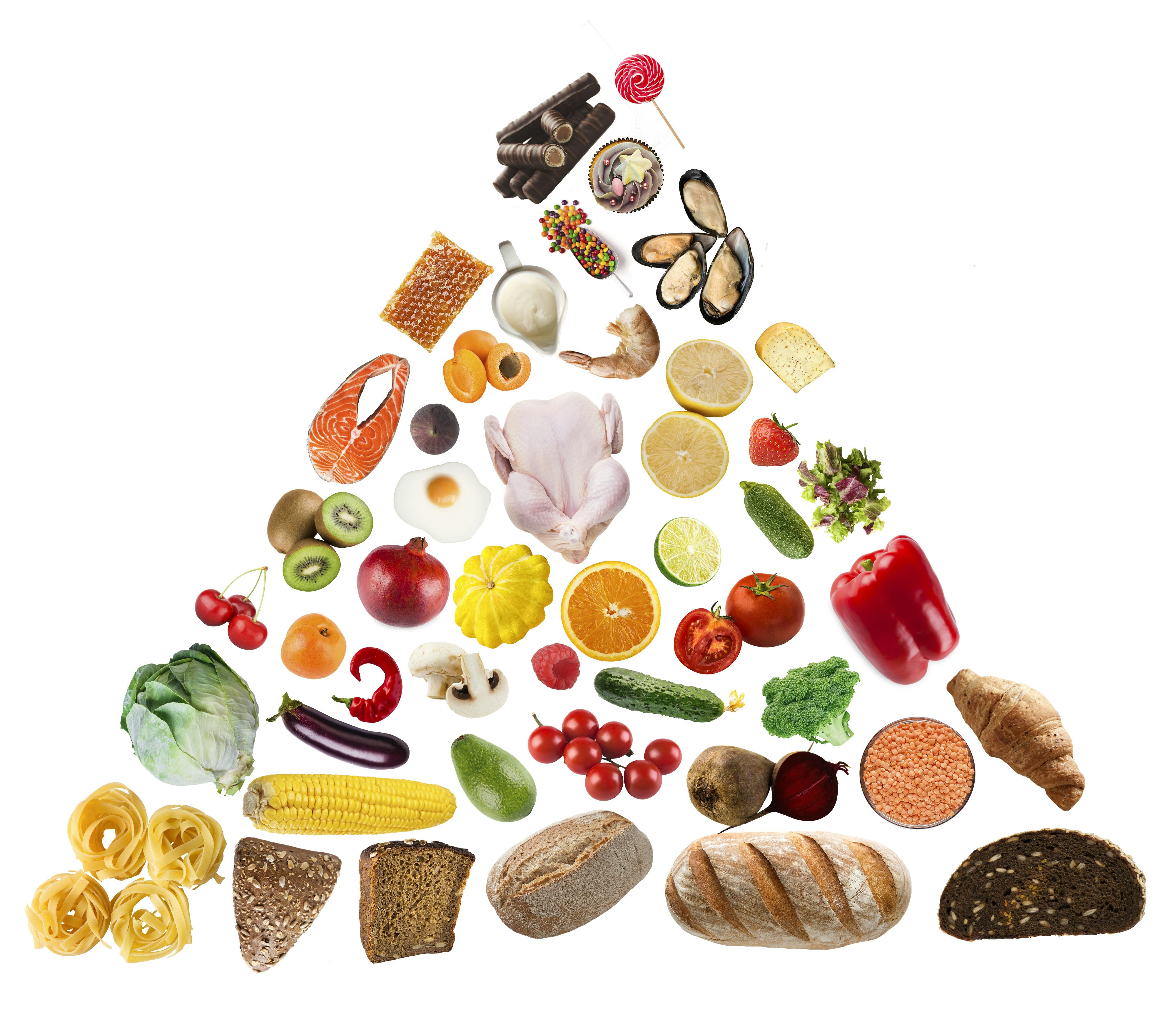

It is the subject of countless studies and one of the most exported and copied intangible assets of the Mediterranean: we are talking about the Mediterranean diet.
The Mediterranean diet is much more than a simple list of foods: it is a lifestyle, a culinary heritage rooted in the traditions and culture of the populations that lived (and live) along the shores of the Mediterranean basin.
Origins of the Mediterranean Diet
The origins of the Mediterranean diet date back to antiquity, particularly to the Greek, Roman, and Phoenician civilizations, which practiced a diet based on cereals, legumes, fruits, vegetables, olive oil, and fish.
This dietary pattern evolved over the centuries thanks to Arab influences, which introduced sugar and citrus fruits, and to new foods from the New World, such as tomatoes and corn. The Mediterranean diet as we know it is therefore the result of a long historical journey, characterized by cultural exchanges and adaptations to local resources.
In 2010, the Mediterranean diet became a UNESCO World Heritage as an intangible asset of humanity.
The Mediterranean Food Pyramid
The Mediterranean diet is often represented by the famous food pyramid that highlights its fundamental principles.

At the top of the pyramid are foods that should be consumed in moderation, such as red meat and sweets, followed by a larger portion of dairy and eggs. The heart of the pyramid is represented by foods consumed daily in moderate amounts, such as fish, chicken, legumes, and olive oil. At the base of the pyramid are the foods that should constitute the majority of our diet: fruits, vegetables, whole grain bread, whole grains, rice, pasta, and potatoes.
Characteristics of the Mediterranean Diet
Let's take a closer look at the key elements that define the Mediterranean diet:
- Abundance of vegetables and fruits: leafy greens, tomatoes, peppers, and oranges are rich in vitamins, minerals, and antioxidants, which promote heart health and reduce the risk of chronic diseases.
- Moderate consumption of proteins: the Mediterranean diet includes a moderate amount of proteins, mainly from plant sources such as legumes and nuts, as well as fish and eggs.
- Extra virgin olive oil: it is the heart of the Mediterranean diet, used to dress salads, marinate meat and fish, and cook traditional dishes. Rich in monounsaturated fats and antioxidants, olive oil is associated with numerous health benefits, including cholesterol reduction and protection against heart diseases.
- Whole grains and legumes: whole grain bread, pasta, brown rice, and legumes such as beans and lentils provide complex carbohydrates, fiber, and protein, keeping blood sugar levels stable and promoting satiety.
- Moderate consumption of red meat and derivatives: in the Mediterranean diet, fish is preferred over red meat (to be consumed occasionally) for its richness in omega-3 fatty acids, "friends" of the heart.
Ancel Keys' Studies and the Mediterranean Diet
The term "Mediterranean diet" first appeared in 1975 in the book How to Eat Well and Stay Well: the Mediterranean Way by the American Ancel Keys.
In that book, Keys presented the results of studies conducted over twenty years during which he monitored the diet and health conditions of 12,000 people aged between 40 and 60. The study, known as the "Seven Countries Study" (including Greece, Italy, and Japan), was instrumental in understanding and spreading the Mediterranean diet in the Western world.

The research results showed that populations following a diet similar to the Mediterranean one had a lower incidence of heart disease compared to those following a diet rich in saturated fats.
This discovery highlighted the importance of a healthy dietary pattern in preventing chronic diseases and contributed to the growing popularity of the Mediterranean diet worldwide.
Benefits of the Mediterranean Diet
Scientific studies have shown that this dietary pattern can contribute to:
- Reducing the risk of heart diseases: high consumption of healthy fats, such as those found in olive oil, along with the richness of antioxidants and fiber in vegetables and fruits, can protect the heart and arteries.
- Maintaining a healthy weight: the Mediterranean diet is balanced and rich in nutrient-dense foods, which can help control body weight and promote better appetite management.
- Improving brain health: omega-3 fatty acids present in fish and seafood are associated with better cognitive function and a lower incidence of neurodegenerative diseases such as Alzheimer's.
- Reducing inflammation: anti-inflammatory foods present in the Mediterranean diet, such as olive oil and spices, can help reduce chronic inflammation in the body, which is associated with numerous chronic diseases.
- Preventing type 2 diabetes: the Mediterranean diet, rich in fiber and with a low glycemic index, can help maintain stable blood sugar levels and reduce the risk of developing type 2 diabetes.

But after talking so much about the Mediterranean diet, it's time to put theory into practice by preparing some typical recipes from Mediterranean cuisine. We asked some of our Cesarine to share with us some of their recipes that enhance the flavor of typical Mediterranean diet ingredients.

Panzanella
A fresh and quick Tuscan dish to prepare
Ingredients
- 1 kg stale Tuscan bread
- 1/2 large red onions
- 300 g salad tomatoes
- 2 cucumbers with or without skin
- Plenty of basil
- Plenty of (about 6 tablespoons) extra virgin olive oil
- 2 tablespoons red wine vinegar
- Salt and pepper to taste
- Water
Method
- Place the pieces of stale bread (which must be Tuscan bread) in a bowl filled with cold water and let it soak well (if it is very dry it may take up to an hour).
- Finely slice the onions, cut the cucumbers into "strips" (you can leave the skin on if you prefer), cut the tomatoes into pieces, and add two generous handfuls of fresh basil.
- After that, squeeze the bread well (this is the secret!) and add it to the rest.
- Add salt, oil, pepper, and red wine vinegar.
- Mix everything together with your hands.
If you want to prepare it in advance, you can keep it in the fridge from the night before and dress it at the table just before serving. It's delicious served cold in summer!

Caprese Salad
With its colors, this dish represents Italian culture like few others
Ingredients
- 250 g buffalo mozzarella
- 2 beefsteak tomatoes
- Fresh basil
- Olive oil
- Salt
- Oregano
Method
- After washing the tomatoes, cut them into regular slices about 1 cm thick.
- Place the slices on a paper towel to remove any excess water.
- Then season them with a pinch of salt and set them aside.
- Slice the mozzarella into 1 cm slices and dab them with paper towels to remove excess liquid.
- Now all you have to do is season everything with oil, a sprinkle of oregano, and some basil.

Stuffed tomatoes with rice
A colorful, flavorful, and healthy dish to be enjoyed warm or cold
Ingredients
- 6 large ripe tomatoes
- 300 g rice
- 5 large potatoes
- Salt
- Pepper
- Olive oil
- Oregano
Method
- Cut the tomatoes to about two-thirds of their height to obtain caps and hollow out the inside of the tomatoes, putting the pulp in a bowl with salt, oil, pepper, and oregano.
- Turn the tomatoes upside down and let them drain. Blend the tomato pulp and strain it through a sieve to remove the seeds.
- Then pour the raw rice into the bowl with the blended pulp and, if necessary, add some water. Let it rest in the refrigerator overnight.
- The next day, fill the tomatoes with the rice, close them with the "caps", cut the potatoes roughly, and place them in a baking dish along with the stuffed tomatoes.
- Sprinkle everything with a little salt and bake at 180°/200° for 30 / 40 minutes.